Review Asus TUF Gaming X3 GeForce GTX 1660 Super OC Edition (6 GB) video card
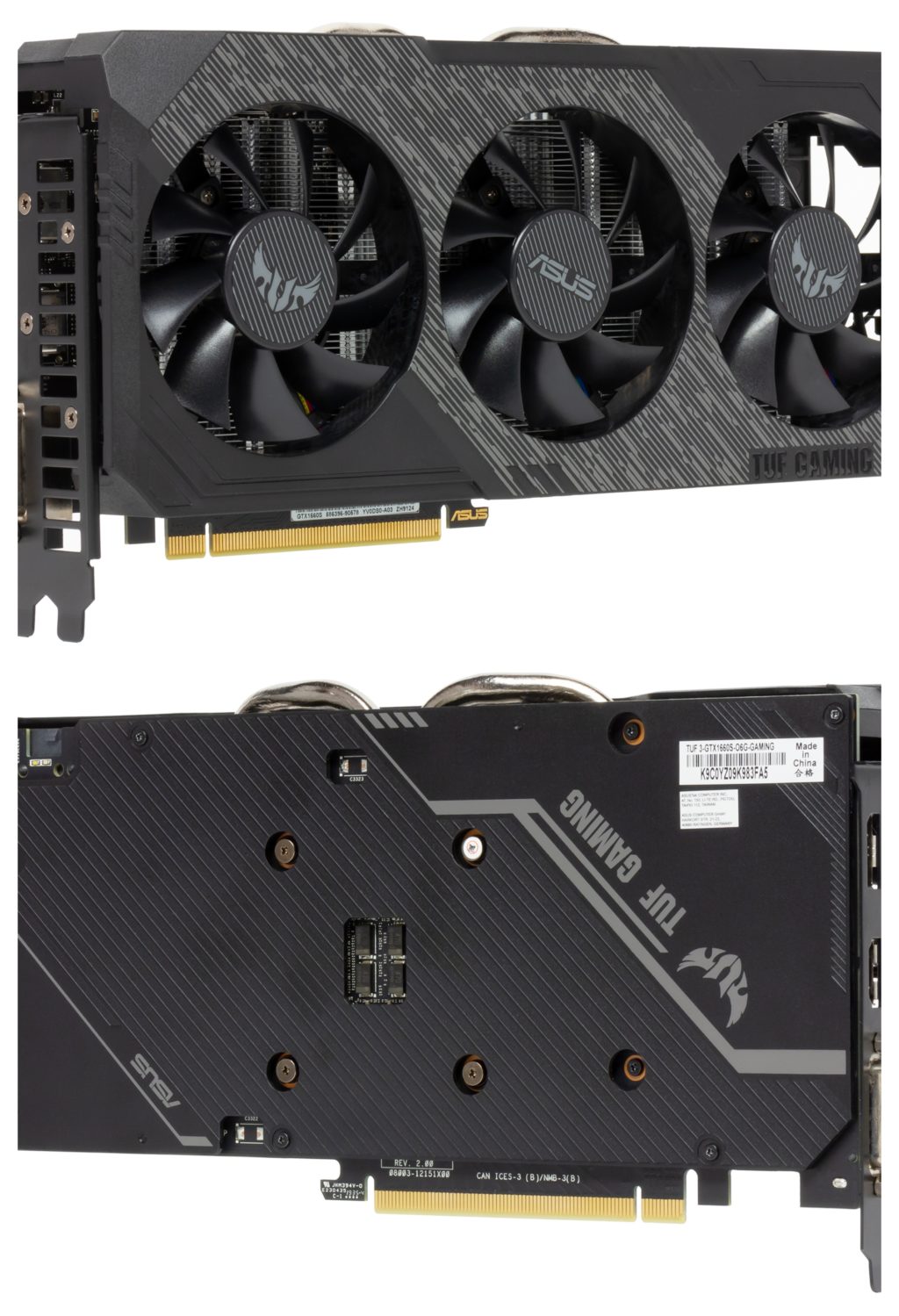
Review Asus TUF Gaming X3 GeForce GTX 1660 Super OC Edition (6 GB) video card
Asus TUF Gaming X3 GeForce GTX 1660 Super OC Edition 6 GB 192-bit GDDR6 |
||
|---|---|---|
| Parameter | Value | Nominal value (reference) |
| GPU | GeForce GTX 1660 Super (TU116) | |
| Interface | PCI Express x16 | |
| GPU frequency (ROPs), MHz | OC Mode: 1530-1860 (Boost) —1980 (Max) Gaming Mode: 1530-1830 (Boost) —1960 (Max) |
1530-1785 (Boost) —1960 (Max) |
| Memory frequency (physical (effective)), MHz | 3500 (14000) | 3500 (14000) |
| Memory bus width, bit | 192 | |
| The number of processing units in the GPU | 22 | |
| The number of operations (ALU) in the block | 64 | |
| Total number of ALUs | 1408 | |
| Number of texture units (BLF / TLF / ANIS) | 88 | |
| The number of rasterization blocks (ROP) | 48 | |
| Number of Ray Tracing Blocks | – | |
| The number of tensor blocks | – | |
| Sizes, mm | 265 × 120 × 55 | 220 × 100 × 36 |
| The number of slots in the system unit occupied by the video card | 3 | 2 |
| PCB colour | the black | the black |
| Peak power consumption in 3D, W | 124 | 122 |
| 2D power consumption, W | 27 | 26 |
| Power consumption in sleep mode, W | eleven | eleven |
| Noise level in 3D (maximum load), dBA | 37.3 | 34.5 |
| The noise level in 2D (video viewing), dBA | 26.3 | 25,4 |
| The noise level in 2D (in idle), dBA | 26.3 | 25,4 |
| Video outputs | 1 × DVI-D, 1 × HDMI 2.0b, 1 × DisplayPort 1.4 | 1 × HDMI 2.0b, 3 × DisplayPort 1.4 |
| Multiprocessor Support | not | |
| Maximum number of receivers/monitors for simultaneous image output | 3 | 4 |
| Power: 8-pin connectors | 1 | 1 |
| Power: 6-pin connectors | ||
| Maximum Resolution / Frequency, Display Port | 3840 × 2160 @ 120 Hz (7680 × 4320 @ 30 Hz) | |
| Maximum Resolution / Frequency, HDMI | 3840 × 2160 @ 60 Hz | |
| Maximum Resolution / Frequency, Dual-Link DVI | 2560 × 1600 @ 60 Hz (1920 × 1200 @ 120 Hz) | |
| Maximum Resolution / Frequency, Single-Link DVI | 1920 × 1200 @ 60 Hz (1280 × 1024 @ 85 Hz) | |
Memory
The card has 6 GB of GDDR6 SDRAM located in 6 chips of 8 Gb on the front side of the PCB. Micron memory microcircuits (GDDR6, MT61K256M32JE-14 ) are designed for a nominal operating frequency of 3500 (14000) MHz. The code decoder on the FBGA packages is here.
Features of the card and comparison with the cheapest version of the GTX 1660 Supe
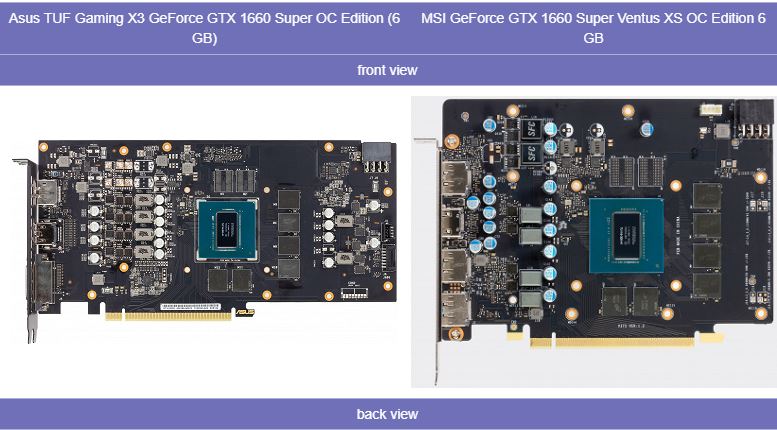
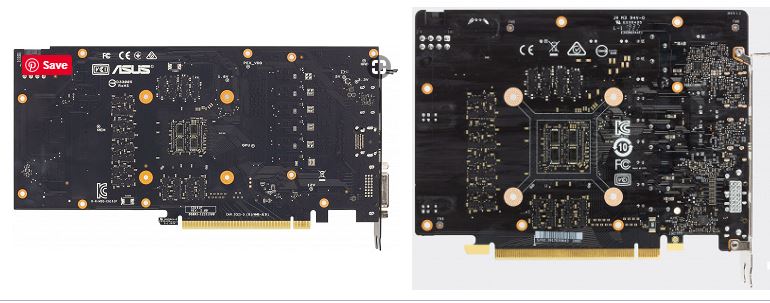
Since we have not been provided with an Nvidia reference card on the GTX 1660 Super. We are comparing today’s considered Asus TUF Gaming X3 GeForce GTX 1660 Super OC Edition with another serial card.
It is clearly seen that the design of the cards is very similar in terms of the location of the memory chips around the GPU. Power schemes look very different from the outside. Furthermore, in both cases, only one 8-pin connector is sufficient for power: in general, graphics processors that have memory chips do not use that much, and Nvidia allows a significant increase in operating frequency. (So there is no overlap in performance with more expensive solutions).
The proprietary utility Asus GPU Tweak II works perfectly with this card, and it is through it that you can enable the factory mode OC Mode. Of course, there is the possibility of manual overclocking, but it, as mentioned above, does not give anything.
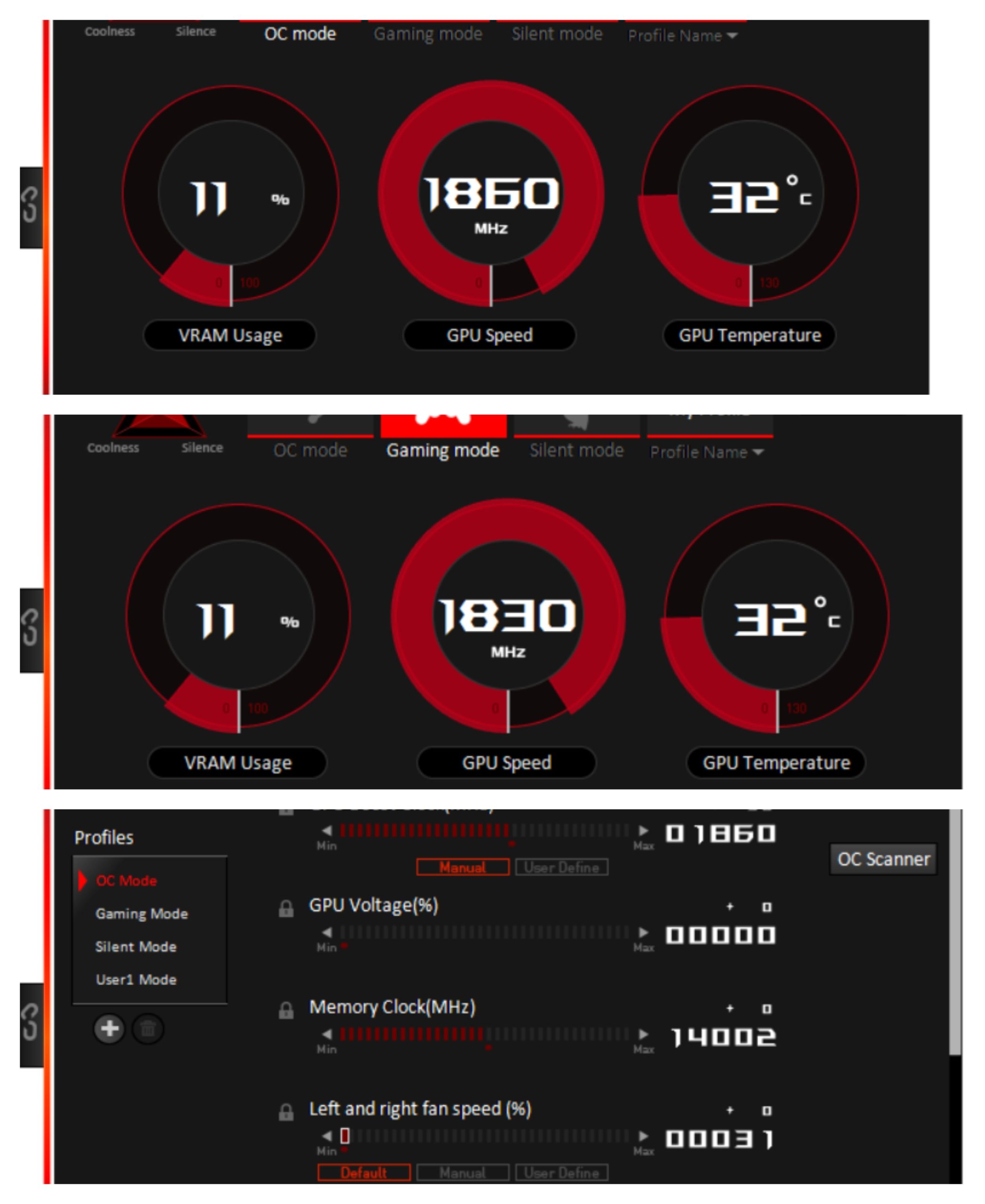
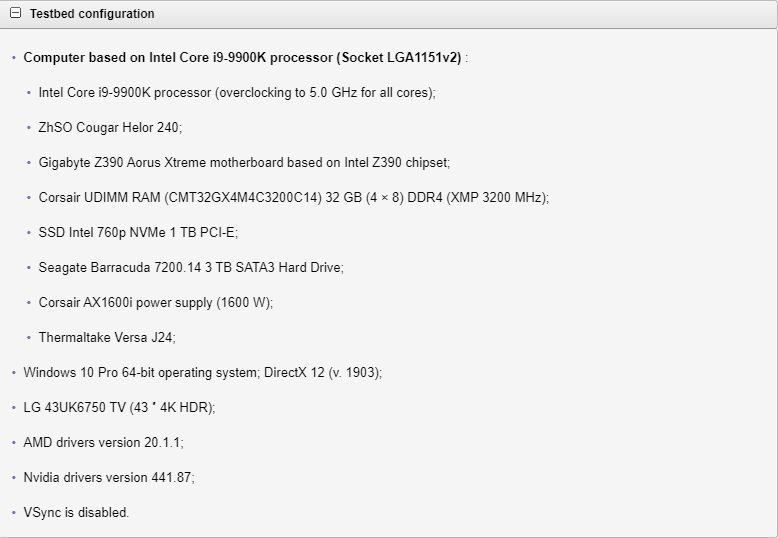
Conclusion
The Asus TUF Gaming X3 GeForce GTX 1660 Super OC Edition (6GB) is a solid version of the mid-budget 3D graphics accelerator for those who do not need backlighting. The card has a large cooling system, but it does not beat the records at all (it is only relatively quiet at idle time, and fully loaded under load). And given the price in which the card was offered at retail at the time of manufacture of the goods, it is very difficult to recommend a purchase: for the same amount you can buy at least GTX 1660T.
Also, Read
How is the Coronavirus being prevented in Pakistan?
Pakistan Health Minister confirms two coronavirus case in Pakistan
NASA experts unveil life on Mars: live in ancient underground caves









